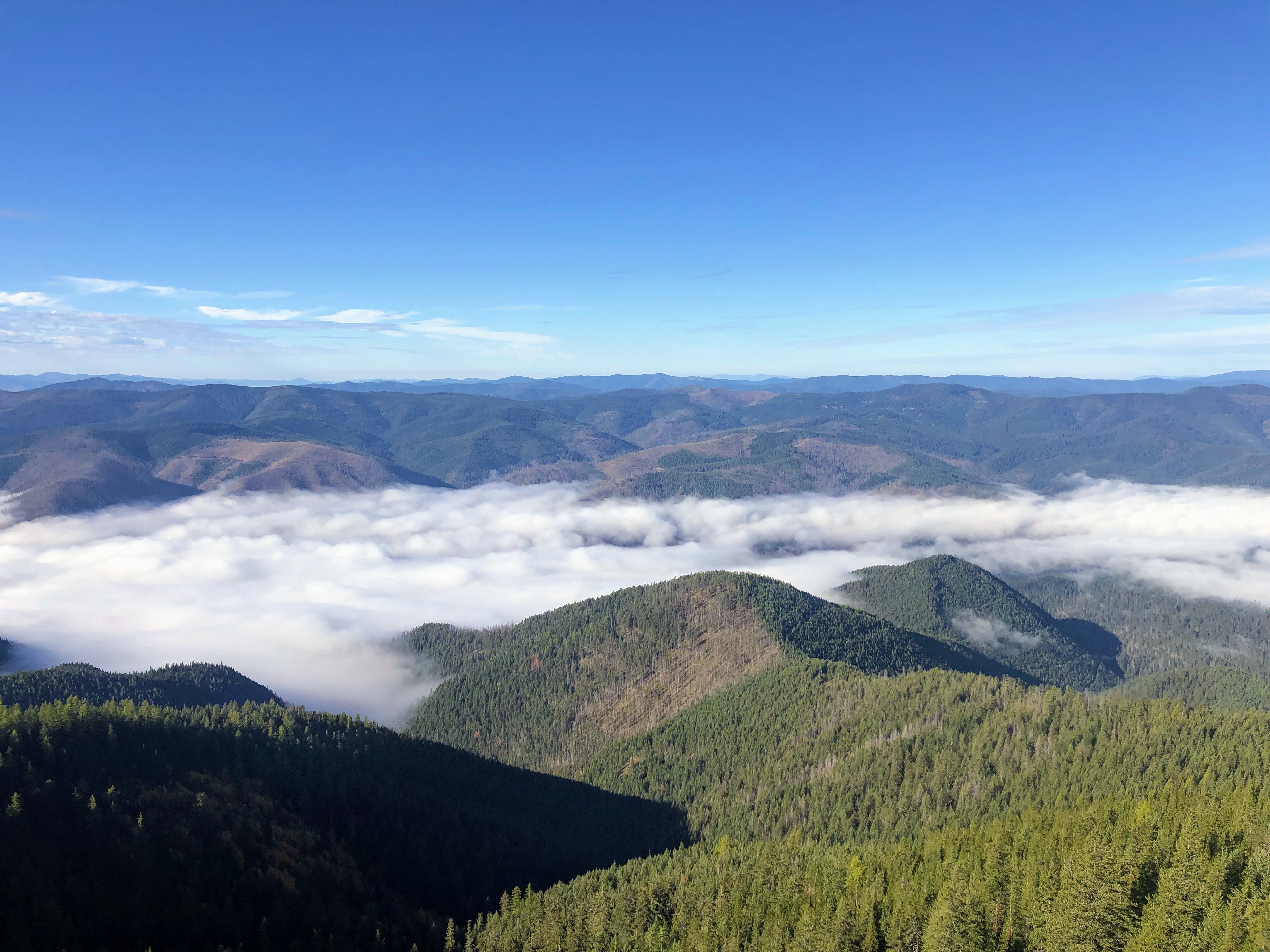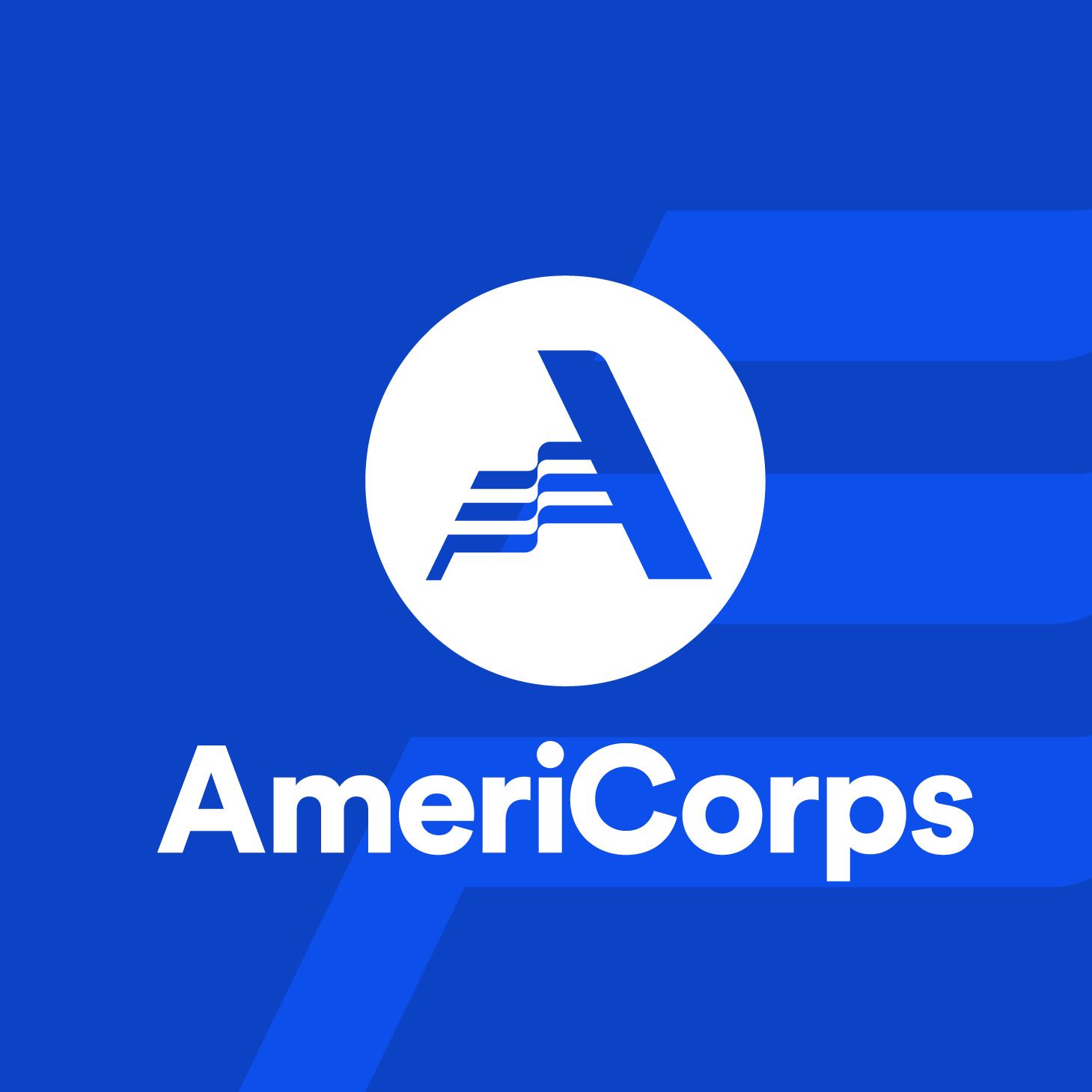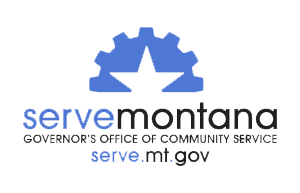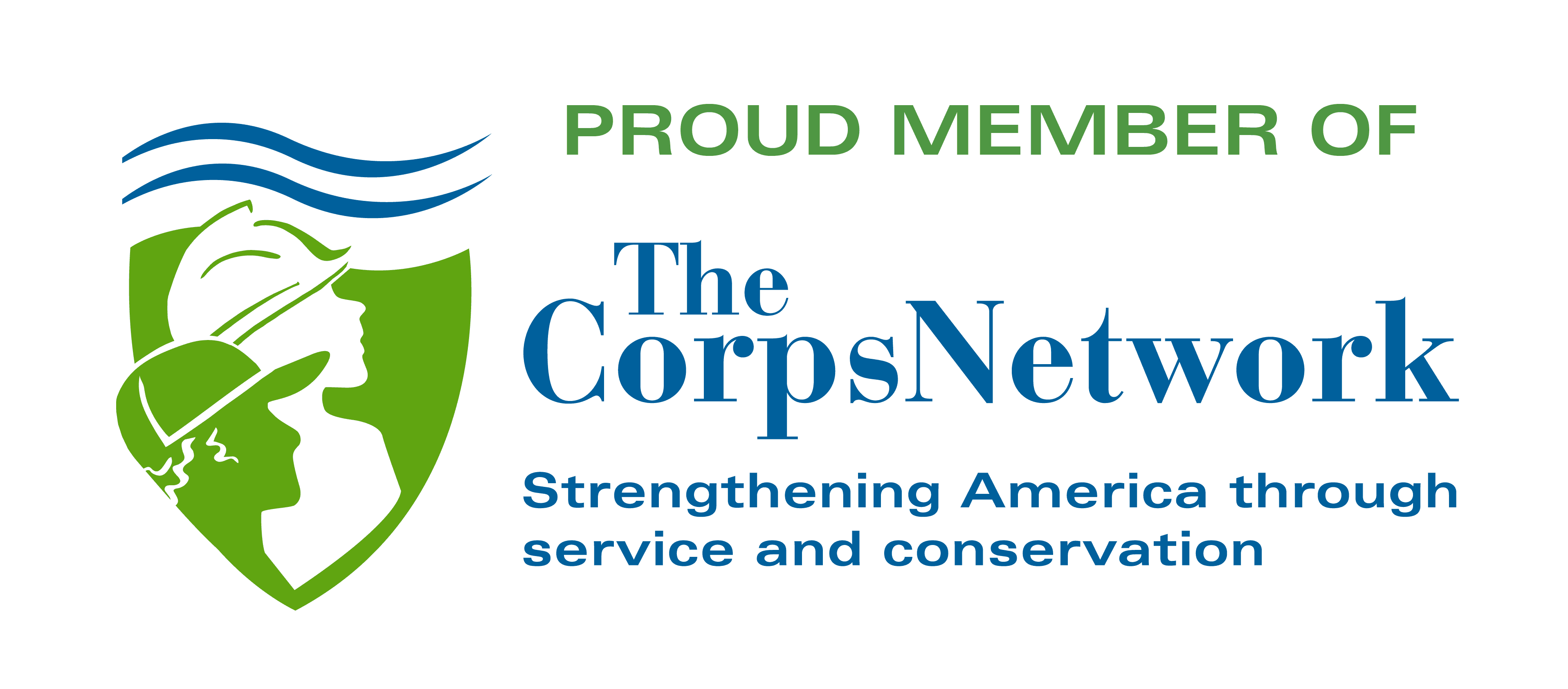
This season taught me to lean into resilience.
We are told the meaning of life, at large, is eternal progress towards some unspecified goal; the race against time to consume and produce. But here we are, the lot of us, living in cabins and cars, five-bedroom houses with 8 people slotted in hallway spaces, sleeping outside in tents. Sometimes consuming, but mostly producing work for a greater good.
Sometimes that greater good is just a little bit good, like cutting back lodgepole so tourists can see views better, and sometimes it feels all-encompassing, like helping re-plant a burn site with tiny saplings that elicit a matriarchal feeling. The war for me this season has not been with the work, but with the realization that life’s meaning does not hinge solely on production. Instead, I've found meaning in simply existing around other people.
I find a tension, or dichotomy, in the word "tools" in the MCC slogan "tools for living, experience for life". The tools that we physically use like the pick mattock’s, pulaski's, axes, chainsaws, crosscuts, etc., embody the physical labor that, to our project partners, comes first. But, the production of work (its quality, how much you are able to complete, how far you get down a trail) both aids and opposes leadership development. For example, the quality of the relationships you build, how to approach your crew every day, and what you broadcast to the people around you are not always in line with taking brief 15-minute breaks and pushing everyone a little harder each day to complete projects. There are many intangible moments where you are required to lead, beyond the structure of a 10-hour workday.
Simply put: The strain of this job is to both exist with others and get all of your physical work done. It's an environment where you need to be both casually intimate and partly professional. Being professionally polite and friendly, in moments where you want to work through detail-oriented matters, can be taken as a sign of arrogance or self-involvement. This is where the struggle lies. How do you balance those things? It is tiring and hard and the thoughts that revolve around it are as well, and they're thoughts of anxiety that your crew opposes your decisions.
In other words, as a crew leader your state of being and energy matters just as much, if not more so, than your physical form. And in that case, resilience was the guide this season. In times of adversity or challenge, you have to choose to respond carefully instead of reacting quickly. You have to decide, every day, to pick up a tool and work through it all, alongside your crew. You must hang onto this gritty resilience: it is what pushes crews, members, and leaders alike, over the finish line.

![[Image Description: Two MCC members taking a brief break; one is sitting on a rock, the other is standing nearby. They are both in their uniforms, looking out at the expansive, mountain view surrounding them.]](https://cdn.firespring.com/images/c3f85e97-43a9-4810-8081-e8e6338173d0.jpeg)




